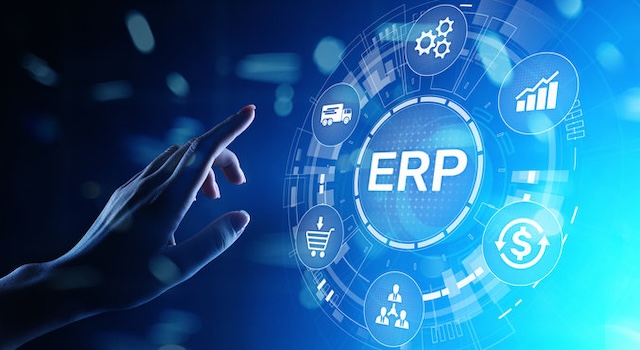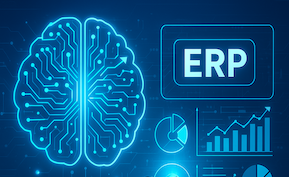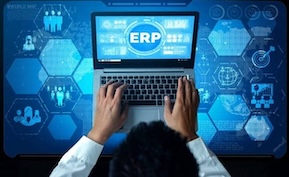Integrating AI Automation with ERP and CRM: Creating a Unified Intelligent Enterprise
Modern organizations rely on an expanding ecosystem of business systems—ERP, CRM, supply chain, and analytics platforms—to manage their operations. However, these systems often operate in isolation, creating data silos and inefficiencies. Integrating AI-powered automation across ERP and CRM platforms bridges these gaps, creating a unified digital ecosystem where processes, insights, and decisions flow seamlessly across the enterprise.
The challenge of disconnected business systems
In many organizations, ERP systems manage financial and operational data while CRM platforms handle customer relationships. Without integration, teams must duplicate data entry, reconcile inconsistencies, and rely on manual reporting. These silos lead to delayed decision-making and limited visibility across departments. Automation eliminates these barriers by synchronizing data, automating workflows, and providing a single source of truth for the entire organization.
How AI automation connects ERP and CRM
AI-powered automation acts as a digital bridge between business systems. It uses APIs, robotic process automation, and machine learning models to connect disparate applications and ensure that information flows consistently between them. For example, when a sales order is created in the CRM, automation can trigger order processing, inventory checks, and billing in the ERP automatically—reducing manual effort and minimizing errors.
Creating end-to-end process visibility
Integrating automation across ERP and CRM gives organizations complete visibility from lead generation to revenue recognition. Sales, finance, and operations teams work from shared data, allowing for faster forecasting, more accurate reporting, and better customer service. Real-time analytics provide actionable insights into the entire value chain, enabling proactive management rather than reactive response.
Enhancing customer experience through connected intelligence
When ERP and CRM systems communicate through automation, customers benefit from faster service and more accurate information. Orders are processed immediately, inventory availability is updated in real time, and billing accuracy improves. AI can also analyze data from both systems to predict customer needs, recommend products, and personalize communications, turning operational efficiency into a better customer experience.
Accelerating financial and operational performance
Integration reduces latency between business functions. AI-powered workflows automatically reconcile transactions, match payments, and update general ledgers without manual input. This level of automation accelerates month-end close, improves compliance, and enhances financial accuracy. Meanwhile, predictive analytics optimize supply planning, production scheduling, and cash flow management based on live data from both ERP and CRM systems.
Governance, security, and data quality
Automation integration requires strong governance and data management practices. Ensuring consistent data standards, access controls, and audit trails across systems protects accuracy and compliance. AI models should be trained on verified data sets to maintain reliability and prevent duplication or inconsistency. Centralized data governance ensures that all connected systems operate with confidence and transparency.
Building a scalable integration strategy
To achieve sustainable success, organizations should start by automating a few high-impact workflows that span ERP and CRM, such as order-to-cash or procure-to-pay. Once these are stable, they can expand automation to include forecasting, customer insights, and financial reporting. Cloud-based integration platforms make it easier to scale securely and adapt as business needs evolve.
The intelligent enterprise advantage
When ERP and CRM systems are unified through AI-powered automation, organizations gain an intelligent enterprise framework—one that is agile, connected, and data-driven. This integration enables faster execution, deeper insights, and more consistent performance across the business. It also provides a foundation for future technologies like predictive analytics, digital twins, and autonomous decision-making.
The takeaway
Integrating AI automation with ERP and CRM systems transforms fragmented business processes into a cohesive, intelligent ecosystem. By breaking down data silos and automating workflows end-to-end, organizations can operate with greater speed, accuracy, and insight. The result is a unified enterprise that uses automation not just to optimize processes, but to power smarter, more connected business decisions.







